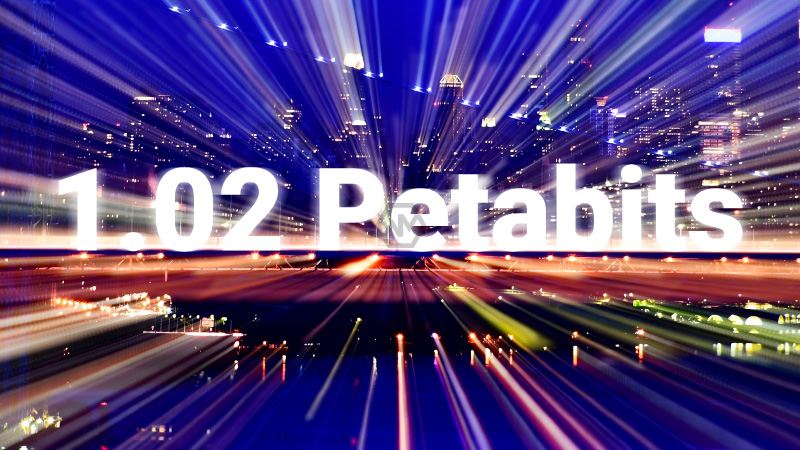- Japanese researchers achieved a record-breaking 1.02 petabits per second internet speed over 1,808 km.
- The breakthrough used standard-sized fiber optic cables with 19 cores, not new infrastructure.
- Such speeds could revolutionize AI, gaming, ultra-HD streaming, and global internet systems.
In June 2025, Japan’s National Institute of Information and Communications Technology (NICT) made history by transmitting data at a staggering 1.02 petabits per second across more than 1,800 kilometers.
This speed is not abstract; it has real-world implications. Imagine downloading the entire Steam or Netflix library in seconds, or streaming millions of 8K videos simultaneously.
Unthinkable Speed, Real Results: How Japan’s Internet Leap Could Change Everything
The true innovation lies in compatibility. The 19-core fiber has the same 0.125 mm cladding as current single-core fibers, which means it can slot into today’s network infrastructure. This dramatically reduces the cost and time required to adopt next-generation internet speeds, making large-scale upgrades feasible for telecoms and governments around the globe.
From smart cities to autonomous vehicles, everything that relies on massive, real-time data transfers stands to benefit. The bandwidth needed for millions of sensors, connected cars, and high-resolution surveillance can now be delivered without bottlenecks—enabling more efficient, safer urban environments.
In the digital economy, where milliseconds can determine financial gains or losses, this level of speed reshapes the playing field. High-frequency trading, global banking systems, and crypto networks can be made more secure and nearly instantaneous—opening new frontiers in finance and cybersecurity.
Furthermore, this achievement addresses a long-standing challenge in fiber optics: maintaining signal integrity over long distances. Traditionally, ultra-fast speeds degraded quickly beyond short spans. Japan’s successful long-range test proves that massive data loads can travel far without losing reliability—a foundational requirement for international data flow.
Japan’s leap into the petabit era is not just about record-setting speed—it’s about unlocking a future where instant global connectivity becomes the new norm, not the exception.
“The future is already here — it’s just not evenly distributed.”
— William Gibson



